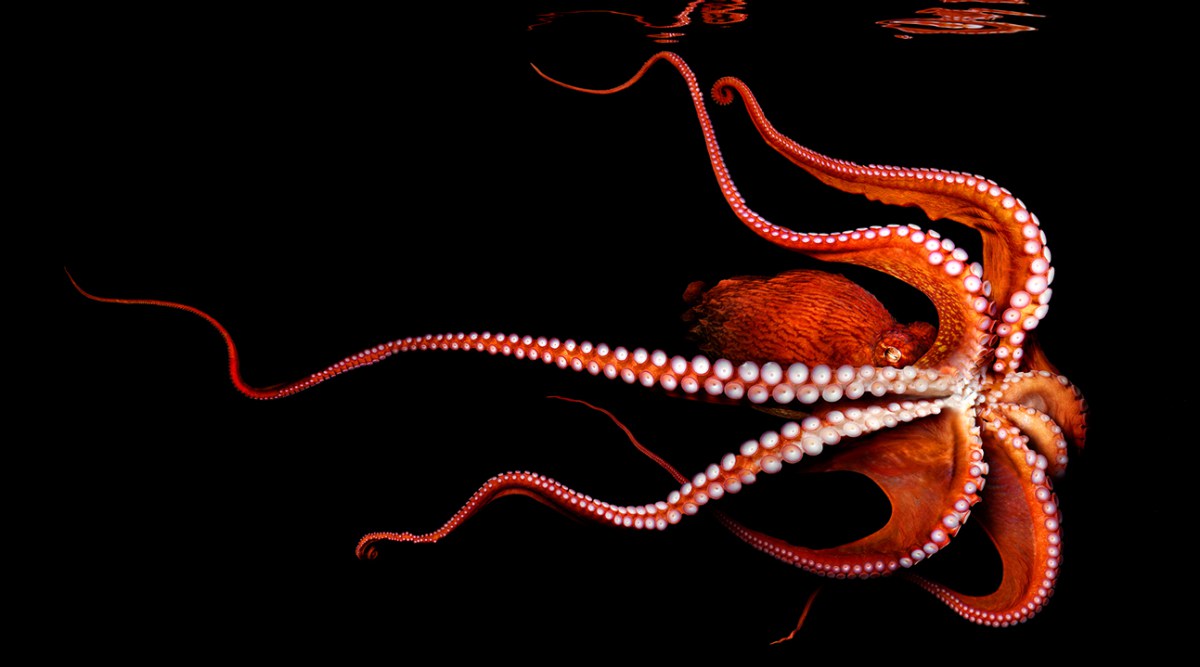The study, published Thursday in the journal Cell, explained how cephalopods and octopuses, in particular, possess the ability to disregard the rules of their genetic information.
Most mollusks create proteins by converting DNA into RNA, but the cephalopods can recode their RNA allowing one gene to create some types of proteins from the same DNA.


Some octopuses, squids, and cuttlefishes can recode their genetic code
The research was led by Joshua Rosenthal from the Biological Laboratory in Woods Hole, Massachusetts, along with Eli Eisenberg and Noa Liscovitch-Brauer, from Tel Aviv University in Israel, and they picked up research from previous studies they had conducted on squids.
In 2015, the researchers discovered that cephalopods could change their RNA coding to diversify the production of cellular proteins in their nervous system. Other animals can perform the same re-coding process, but cephalopods can achieve it to a greater extent than other animals.
For example, while fruit flies can edit 1 percent of their RNA, squids can recode more than 60 percent of their RNA regions.
In the new study, the scientists observed other cephalopods also have the ability to edit their RNA. The study focused on two species of octopus, the Octopus Vulgaris, or common octopus, and the Octopus bimaculoides, the California two-spot octopus. They also studied the Doryteuthis pealeii squid and one species of cuttlefish called Sepia Officinalis.
The RNA recoding sites allow the animals to reconfigure their RNA frequently in half of their genes to expand the codes through which neurons produce proteins.
“Recoding by editing effectively creates a new protein sequence, and thus it’s expanding the protein repertoire at the organism’s disposal,” said Eisenberg, according to Tech Times.
RNA recoding is only present in coleoids
The ability to recode RNA is only present in coleoids, a subclass of the cephalopods that is considered to be the smartest among cephalopods.
In a past study, the research team also found how octopuses living in the Antarctic recode their RNA to beat the cold weather and keep their nerves working at freezing temperatures. Rosenthal noted that more primitive cephalopods, like the Nautilus, also recode RNA but at substantially lower rates.
For Rosenthal, it means that colloids are different since most of their editing events are conserved and show signs of selection. The researchers don’t establish that the coleoids have become smarter due to their RNA re-coding, but they do note that the ability might have contributed to their outstanding intelligence.
The RNA editing, however, causes the cephalopods to have lower DNA mutation rates. As the cephalopods choose to prioritize RNA recoding, the DNA mutations that are needed for an animal to evolve, are at lower rates than other animals.
Rosenthal and his team will continue investigating how the cephalopods dodge their DNA mutation rate for their RNA recoding, as well as determine what environmental factors influence this process.
Source: Tech Times

